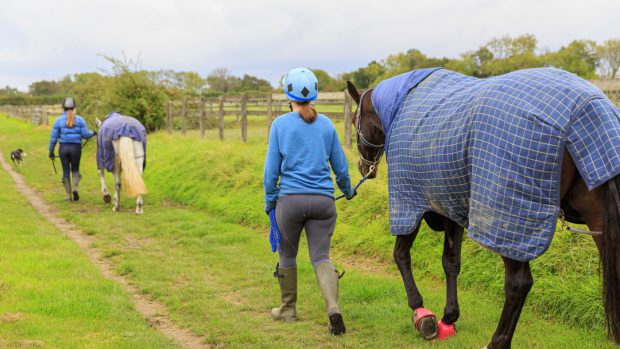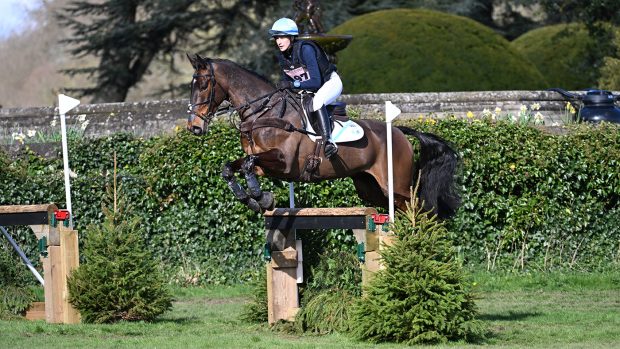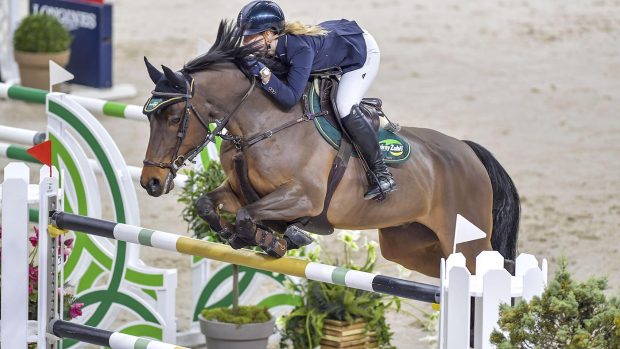Olympic champion Steve Guerdat has called for a change in FEI rules following a contamination case in which two of his horses tested positive for banned drugs.
Earlier this year two of his rides, London 2012 gold medallist Nino Des Buissonnets and Nasa, tested positive for codeine and oripavine — banned substances — and morphine, a controlled substance. They were competing at the CSIO5* at La Baule, where he won the grand prix with Nino Des Buissonnets. The pair were subsequently disqualified.
Last month (28 September) Steve was exonerated by the FEI and the FEI Tribunal who said he bore “no fault or negligence”.
“The FEI accepts that the circumstances of the cases were exceptional and that the presence of the three prohibited substances in the horses’ samples is consistent with poppy seed contamination,” read a statement (news, 1 October).
However, Steve has said he knew “my life would never be the same again” when he received the news.
“The headline would still be Steve Guerdat in doping case. I had to fight and find out what happened,” he said.
Steve said his yard went through a vigorous process to prove that the traces of the drugs came from feed.
“I didn’t want to ride for 10, 15, 20 more years with an open case, I wanted to clear my name,” he added.
Despite having his ban overturned, the horses were still ruled out for two months, meaning he missed competing for Switzerland at the European Championships.
But now he wants the FEI to reconsider how they handle cases.
“It is our duty to walk together to look forward and change things. A modification would be good for the sport so can we avoid damaging the career of an innocent rider again,” he said.
“It is necessary that regulations are changed — every case that is positive should be discussed before it’s published to avoid things like this in future.”
The FEI told H&H there are already discussions in place regarding a rule change, which were started before Steve’s case happened.
“We have a proposal to a rule change prior to this case among the vet committee in June. It will be put forward at the general assembly in June,” FEI legal director Mikael Rentsch told H&H.
“Following the three 2014 cases involving morphine, in which the FEI agreed to the simultaneous lifting of the provisional suspensions because of the likelihood of contamination, and the high number of similar positives in racing in Britain last year, the FEI has been proactively looking at ways that potential contamination cases could be dealt with to give the athletes the fairest possible outcome.”
The new rule regards the idea of “specified substances”.
“These are not necessarily less serious agents than other prohibited substances, nor do they relieve the personal responsible of the strict liability rule that makes [riders] responsible for all substances that enter a horse’s system,” he added. “However, there is a greater likelihood that these substances could be susceptible to a credible non-doping explanation.”
The idea is that if it was a drug that is naturally occurring — such as oripavine or morphine — the person wouldn’t be banned automatically for two months, but would still have to prove how it entered the horse before being exonerated.
Mr Rentsch assured H&H the FEI has a strict commitment to clean sport.
“This is not a new concept,” he added. “It brings us in line with the World Anti-Doping Agency code.”
Steve is also unhappy with the disqualification from the event where the positive test was taken, claiming the amount was minimal and wouldn’t have affected performance.
However, the FEI remains staunch on this.
“We need to maintain a level playing field, the substance was still in the horse,” said Mr Rentsch.




